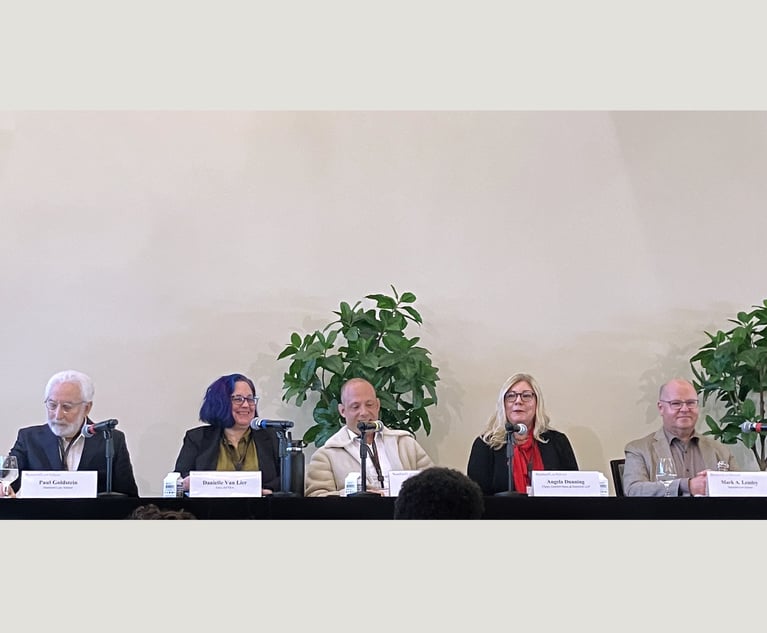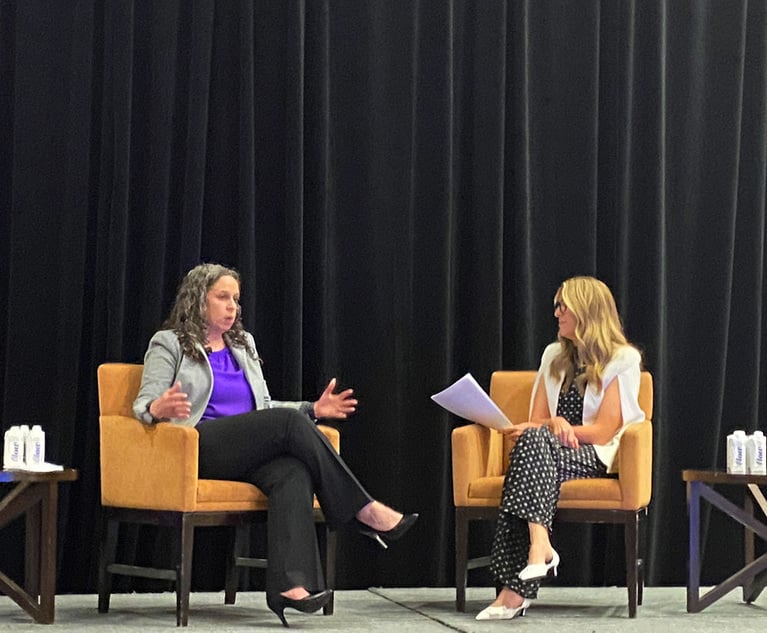Companies today live in a fish bowl of public scrutiny. Their actions are monitored under a microscope like never before. At a moment’s notice, a company’s practices and culture can be thrust to the forefront of public opinion. (I need not engage in public corporate shaming to illustrate the point. A moment’s reflection will evoke numerous examples of companies whose conduct, although legal, was judged harshly by the public.) What does this environment mean for those of us, such as corporate executives, lawyers and compliance officers, who share responsibility for keeping our organizations on the straight and narrow path toward their business objectives? It means we have to broaden our perspective and increase our line of sight.
We must consider not just the legality of corporate conduct, but the impact those actions may have on a range of stakeholders—including customers, shareholders, vendors, regulators, and the public. Companies and their lawyers have been conditioned to focus on legal obligations, but external constituencies often adopt a broader perspective. They see the law not as an end unto itself, but as a means to achieving a higher end—fairness and justice. Their views may not dictate a company’s actions, but they should be considerations in the counsel you provide. The disconnect companies often experience when their legal activities nevertheless engender social condemnation can arise from the failure to consider and appreciate the broader values against which stakeholders evaluate and judge corporate conduct.


 Photo by hidesy/iStock
Photo by hidesy/iStock







